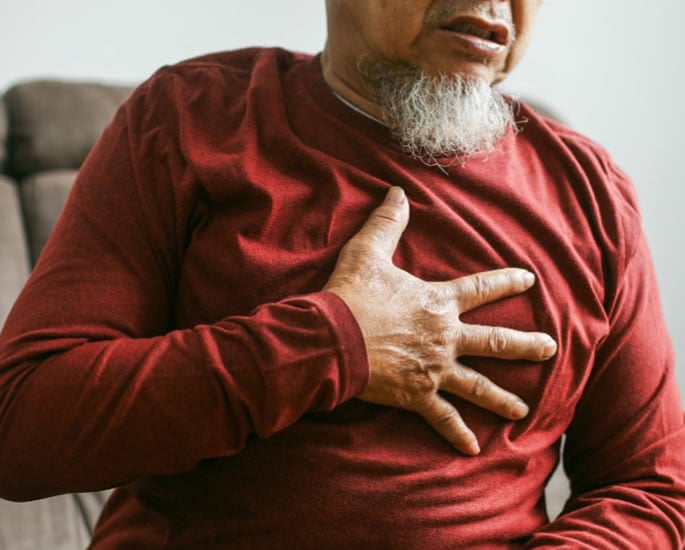"what people eat is fuelled by powerful global corporations"
Ultra-processed foods have become central to modern eating habits worldwide. However, experts warn that it is a global health threat.
Experts warn that this shift is driving a growing concern for long-term health.
A major international review says dietary patterns are changing fast, with heavy consumption of industrially manufactured products.
Researchers say governments must respond more firmly to protect public well-being and improve access to healthier foods.
This debate leaves consumers unsure about risks and future regulation.
Evidence, Risks and Changing Diets

Global researchers writing in The Lancet say governments need “to step up” and introduce stronger measures that support healthier dietary access.
The review analysed 104 long-term studies and found consistent associations with poorer health outcomes, including increased risks of cardiovascular disease, depression, type two diabetes and premature death.
Professor Carlos Monteiro said rising consumption “is reshaping diets worldwide, displacing fresh and minimally processed foods and meals”.
He added: “This change in what people eat is fuelled by powerful global corporations who generate huge profits by prioritising ultra-processed products, supported by extensive marketing and political lobbying to stop effective public health policies to support healthy eating.”
Dr Phillip Baker said the situation requires “a strong global public health response – like the coordinated efforts to challenge the tobacco industry”.
Ultra-processed foods contain additives, dyes, preservatives, emulsifiers and sweeteners rarely found in home kitchens and are designed for long shelf life and convenience.
Examples include supermarket bread, biscuits, instant soups, pastries, sausages, ice cream, fizzy drinks and crisps, many of which are high in sugar and fat but low in fibre and protein.
Scientific Debate and Industry Response

Some scientists warn that the link between UPFs and disease is not yet definitively proven.
Professor Kevin McConway said: “A study like this can find a correlation, but it can’t be certain about cause and effect.”
He said there was still “room for doubt and for clarification from further research”.
Professor McConway added: “It seems to me likely that at least some UPFs could cause increases in the risk of some chronic diseases.
“But this certainly doesn’t establish that all UPFs increase disease risk.”
Critics argue that the Nova classification system focuses too heavily on processing rather than the complete nutritional profile.
This means foods like wholegrain bread, baby formula, breakfast cereal, low-fat yoghurt and fish fingers can be classed as ultra-processed despite offering nutritional benefits.
Professor Jules Griffin said there were positive aspects to food manufacturing and further research into its effects was “urgently needed”.
The Food and Drink Federation says ultra-processed products can still form part of a balanced diet.
Kate Halliwell said: “Companies have been making a series of changes over many years to make the food and drink we all buy healthier, in line with government guidelines”.
Industry reform has reduced sugar and salt levels in many supermarket products since 2015.
The UK’s Scientific Advisory Committee on Nutrition said the association between high UPF consumption and adverse health outcomes was “concerning”.
However, it added it was “unclear” whether the health risks are driven by processing itself or by high levels of calories, saturated fat, salt and free sugars.
Ultra-processed foods now sit at the centre of a major nutritional debate.
Researchers, public health officials and industry leaders continue to disagree on the strength of the evidence and the best path forward.
Stronger guidance, clearer science and effective policy may determine how global diets evolve in the coming years.






























































